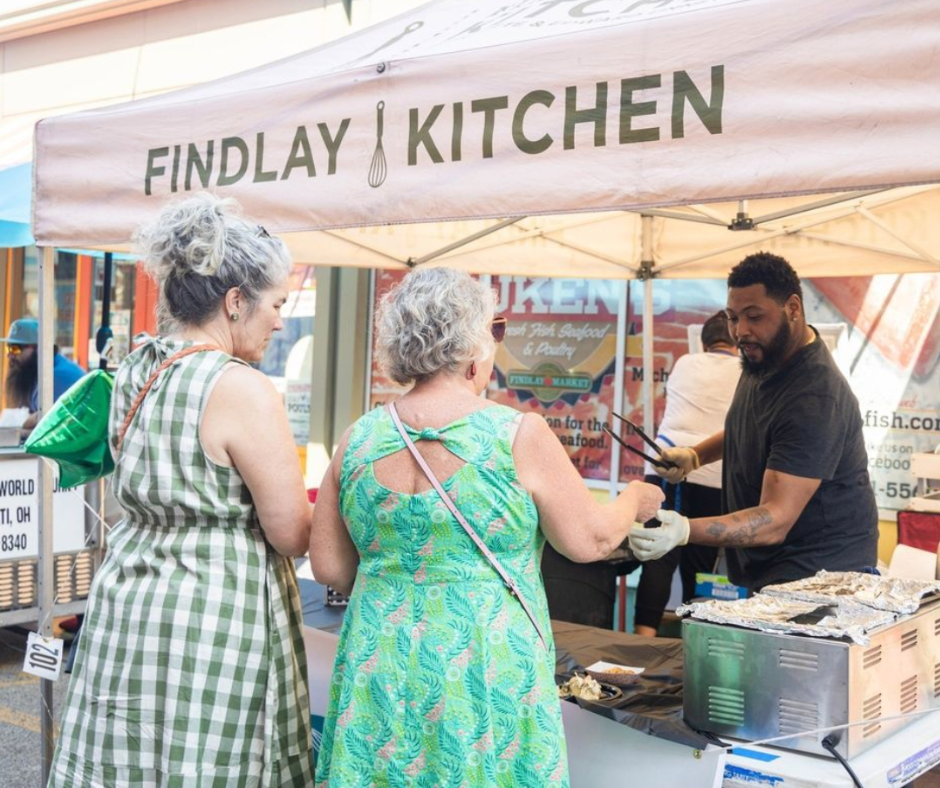As the leader in Shared Kitchen Management software, we get to collaborate with and hear the inspiring stories of shared kitchen managers every day. But what role are these shared kitchens playing in communities across the country as a whole? In 2021, we compiled data in collaboration with The USDA’s Agricultural Marketing Service (AMS) and Colorado State University to create four case studies that would provide a broader perspective to the impact of these shared kitchens as a whole.
These case studies highlight the following businesses:
Chiknegg Kitchen: a shared kitchen and incubator in rural Goochland, Virginia. In addition to kitchen space and business marketing services, Chiknegg offers their members a Beginning Food Entrepreneur Program, ServSafe certifications, kitchen incubator services, and access to sales channels through farmers markets partnerships. This case study explores the benefits and challenges of being located in a small community, and shares the experiences of two food businesses that have operated out of the shared kitchen– Mother Shrub and Local Love. It demonstrates the supportive network that has been fostered through Chiknegg Kitchen and that operating within a small, rural community can prove to be an asset rather than a disadvantage.
Hope & Main Kitchen: A food business incubator and kitchen in Rhode Island. Since opening its doors in 2014, Hope & Main has graduated nearly 200 businesses from its incubator program and 40 of those graduates now operate out of their own spaces. In addition to shared kitchen space and business marketing services, Hope & Main offers a wide variety of market channels and market exposure opportunities to its members through their Meet Your Maker and Schoolyard Markets, Nourish Our Neighbors program, and collaboration with What’s Good. This case study takes a look at two long-standing businesses that have operated out of Hope & Main– Buppy Pets and Kane’s Kitchen. Their experience as members of Hope & Main demonstrates the direct impact that the shared kitchen has had on the development and growth of each of the business concepts.
Findlay Kitchen: a non-profit food business incubator, located in Cincinnati, Ohio. In addition to kitchen space, Findlay Kitchen provides their members with business incubator services, partnerships with business organizations throughout the city, and a sales channel through Findlay Market. In this case study, we take a look at three food businesses that have operated out of Findlay Kitchen – Paktli Foods, Honey Child Artisan Pops, and Davis Cookie Collective. The case study covers their story and experience within and beyond Findlay Kitchen to showcase the direct impact that the shared kitchen has had in facilitating the growth of their businesses.
Pig and Plow: An organic bakery located in Northern Colorado, a region that did not have access to a shared kitchen as a resource. This case study illustrates the initial challenges that owner and operator, Erica Gagne Glaze faced as she started her food business without access to shared kitchen space. It demonstrates the common circumstances that most startup food businesses encounter and offers reasoning for what has inspired the development of shared kitchen models who provide business services, equipment rentals, and network opportunities to food entrepreneurs.
These four case studies showcase the vital role that shared kitchens are playing across a wide range of communities. Their stories highlight the supportive ecosystem that shared kitchens are providing food businesses, and that access to their space and services are weakening the barriers that generally inhibit food startups from growing.
You can access the full reports here. Oh, and want to know something cool? These three shared kitchen operations use our software! Schedule a demo with a friendly gnome at The Food Corridor and discover how we can help enable your shared kitchen to thrive.
